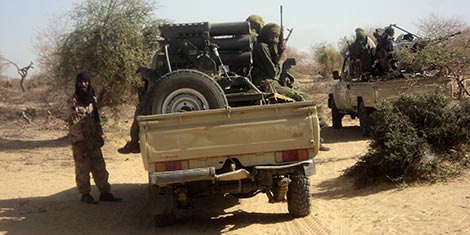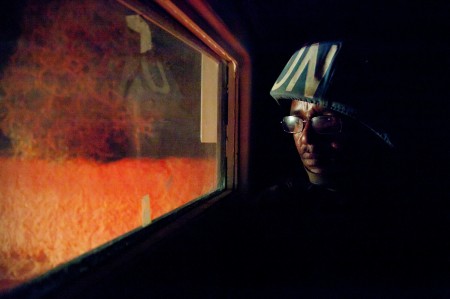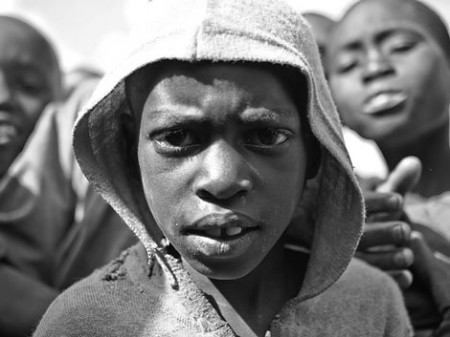
This article was originally published by IPI Global Observatory on 27 February 2018.
In discussions of Mali’s chronic problems, one factor tends to be overlooked: organized crime. Illicit activities have a long tradition in remote areas across the Sahel. Mali’s vast north, an area larger than France, is sparsely populated, and historically marginalized by the Malian state. Many people survive by smuggling items like subsidized food or cigarettes. Criminal rents are how people make a living in the marginalized north, but have also funded a myriad of armed groups and corruption networks. Efforts by international actors like the United Nations Multidimensional Integrated Stabilization Mission (MINUSMA), or by regional alliances like the G5 Sahel, increasingly recognize the threat organized crime poses to regional security, governance, and economic development. But why have their efforts fallen short?




